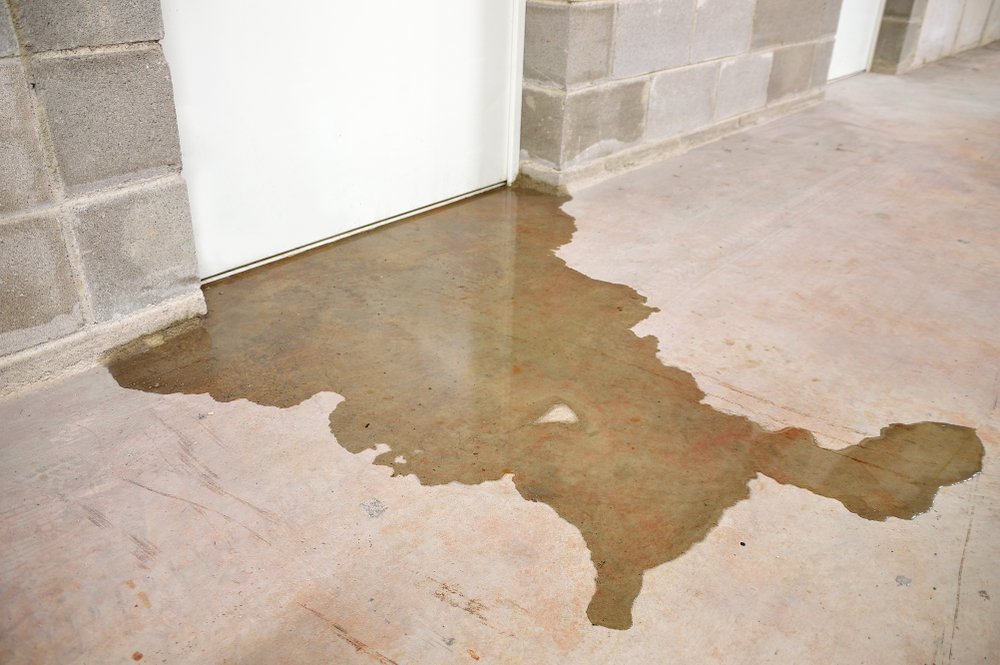As a proud homeowner, removing water from your basement and solving the myriad of inconveniences that come with it are two things that you shouldn’t overlook.
By getting rid of water leakages, it will become easier for you to maintain the value of your home, and improve the health of your family. A wet basement can become an eyesore, creating discomfort to the occupants of your home.
When the water problems in your basement are not addressed, moisture can damage your walls, floor, and even the roofing. Mold can also develop and give rise to bad smells, associated breathing difficulties and other health issues.
This article will address regarding signs that your basement walls are leaking and how to stop water from entering.
Why Is There Water Coming Through My Walls?
There are two main ways by which moisture could be causing the basement to become wet. Firstly, it can come from indoor humidity conditions. Humidity can cause condensation on cold surfaces in a way similar to how droplets of water accumulate on cold drinks during humid days.
The other cause of water coming through the basement wall can also be traced to external sources. For example, rain, molten snow, and groundwater can also leak through the soil and make it to your basement.
Another way through which water can come through your walls is when there are cracks in the masonry walls. Moisture can also seep through the cracks or porous concrete walls in vapor form.
In order to understand the real cause of the problem, you may have to use an aluminum foil to study the problem by fixing it to the basement and making periodic assessments of the situation.
If too much moisture builds up on the exterior surface of the foil, that may be an indication that humidity levels are high indoors. On the other hand, when there is an accumulation of moisture behind the aluminium foil, the conclusion is that there’s a water leakage through the walls.
How Do I Stop Water From Seeping In My Basement Walls?
Here is how to solve the problem of water coming through a basement wall
- Waterproof Your Basement Walls
Pores in your walls can be sealed with waterproofing materials to stop the leakage of water. For this method to work well, you need to apply waterproofing materials on the bare concrete or masonry walls. Use a wire brush to remove all loose materials on the walls.
We laid out the best ways to go about cleaning your basement walls in this blog.
A masonry cleaner can also be used to clean away the white powdery substances that collect on the walls. When doing this by yourself, you may want to pay attention to all safety instructions.
It’s advisable to ensure that your waterproofing coating is as thick as possible in order to uniformly fill all the gaps. When the first layer of coating dries up, add another layer.
- Insulate Your Basement Walls
Put a stop to condensation by insulating the exterior walls of your basement. In cold climatic regions, you also save energy when you do this, and your heating bills will be lowered. When water leaks from outside sources, insulating the walls may be a bad idea due to the possibility of mold growing up.
Can You Seal A Basement From The Inside?
The simple answer is yes — it’s possible to seal your basement from the inside. However, the first thing you need to do is to understand the main source of the moisture. That’s to say you should know whether it’s from the external environment or condensation on the basement walls themselves.
Methods Of Waterproofing Your Basement Walls From The Inside
- Reroute Water From The Foundation
To block water from rushing into your basement, you have to positively grade the yard to redirect water away from the basement.
- Patch Up The Cracks And Gaps
If you detect that water is seeping through the gaps into your basement, use hydraulic cement to seal them up.
- Use Interior Drainage Systems
Using a sump pump and French drain systems are also good methods of sealing your basement from the inside. These provide adequate protection against the accumulation of moisture or water in your basement.
Sump pump installation can be completed in these 4 easy steps.
The bottom line is that wet basements are a source of worry to homeowners. Because basements are usually constructed lower than the ground level, water is always a constant threat to their strength and structure.
The sooner you solve your leaking basement problems, the higher your chances of saving your home from being destroyed by water. Interior waterproofing solutions can be great options for keeping your basement dry and neat.


